Category: ICTD
-

AI Nationalism?
Globalization seemingly inexorable world conquest, kick-started during the last quarter of the 20th Century, found an unexpected ally in the unpredictable fall of the Berlin Wall. While pundits sitting in the right-side section of the human theater saw the latter as the natural result of the indisputable supremacy and triumph of Global Capitalism, no one…
-
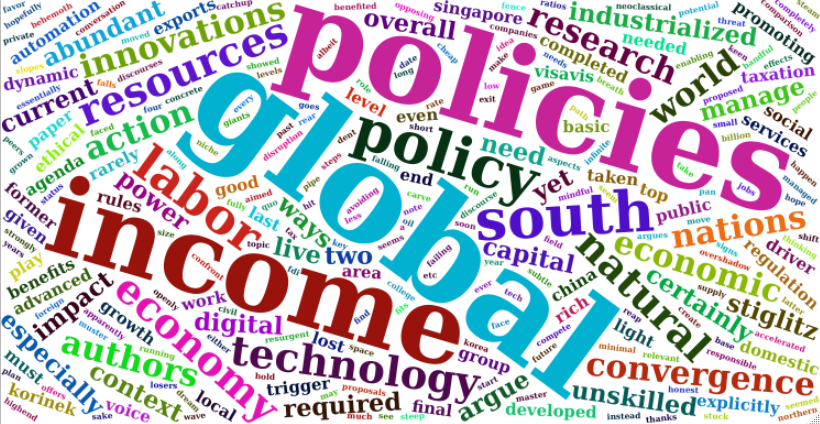
AI and Development Policies
Strongly supported by behemoth tech companies, the “ethical and responsible” AI discourse has almost completely overshadowed the relevant conversation on the potential socio-economic impact the resurgent technology might have in developing countries. While such discourse’s subtle agenda, apparently now failing, is essentially aimed at avoiding any government regulation by promoting “AI for good,” research on…
-
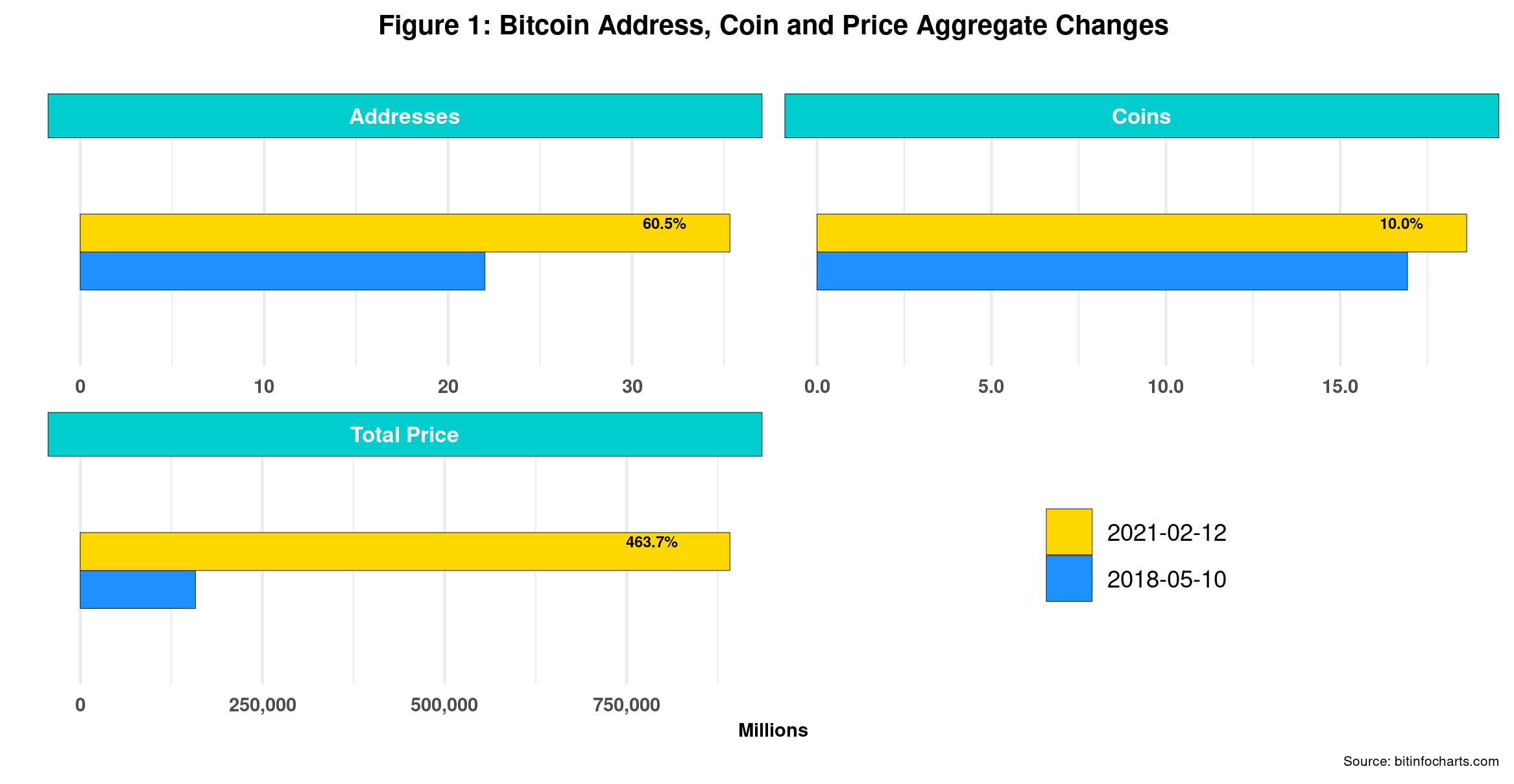
Bitcoin Inequality Revisited
The Bitcoin bulls are back in full strength, driving the price of the cryptocurrency to unprecedented heights. The digital currency is now approaching 50k. Nevertheless, pundits and fundamentalist supporters still see the sky as the only possible limit. Go figure. One thing is certain: Bitcoin is now entering the mainstream financialization push that has been…
-
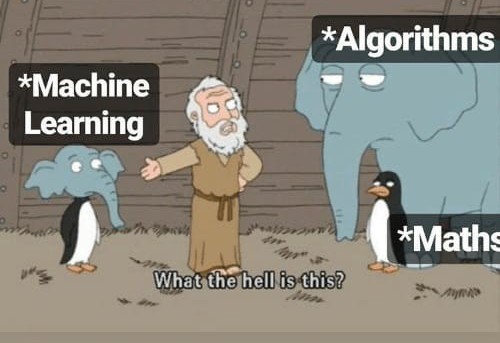
Greater “AI for Good”
The proliferation of top, best, fails and prediction posts on almost any topic is now a staple of the annual transition from one year to the next. As the new year starts seeing the light of day, we seem compelled to take stock of the previous 365.25 days and poke more in-depth into the short…
-
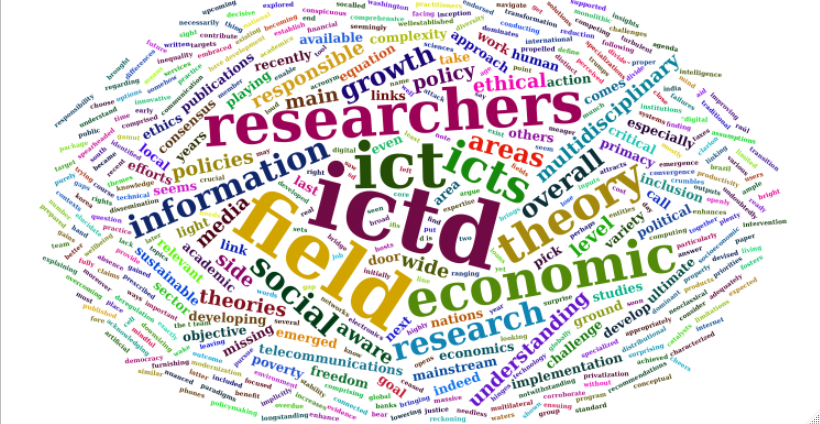
A Few Reflections on ICTD
As a multi-disciplinary field, ICTD research hosts a wide variety of knowledge and expertise initially developed in other academic areas, ranging from specialized information theory to broad economic development. That should not be a surprise as ICTs emerged from the convergence of telecommunications, electronics and computing, and information dissemination. Looking at the left side of…
-

Better “AI for Good”
While the dystopian camp perceives digital technologies as a formidable, perhaps even unsurmountable threat to society, those on the other, much more optimistic side do not seem to get tired of repeating its almost countless benefits. The latter camp apparently has the upper hand, at least for now, as its message captures most daily media…
-

Ethics in Ethical AI
Garbage in, garbage out (GIGO) is one of the oldest computer programming commandments. It was first coined in the same decade as AI, the 1950s, thus suggesting the connection between the two goes back to their birth dates. GIGO is particularly relevant to programs that take data – text and graphics included – as primary…
-
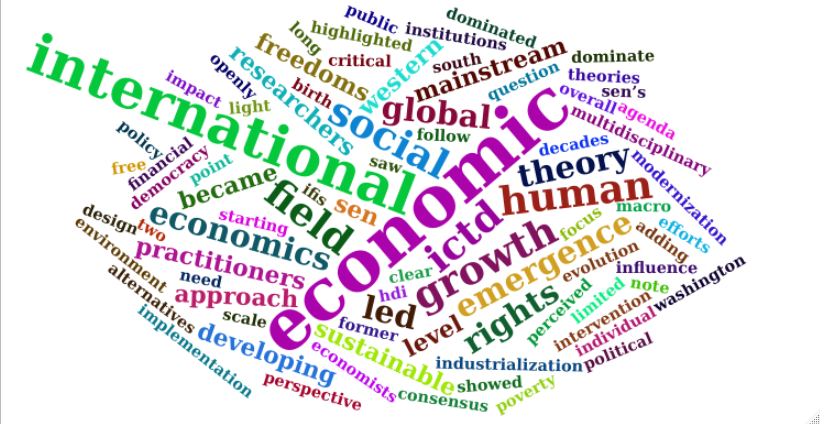
A Glimpse at Development Economics
ICT for Development (ICTD) has been around for over three decades. A multidisciplinary field involving researchers and practitioners from many different areas and backgrounds, ICTD has one clear objective: to deploy new ICTs in society to foster development. The first and most obvious question is how this can happen. The answer is not trivial. Nevertheless,…
-
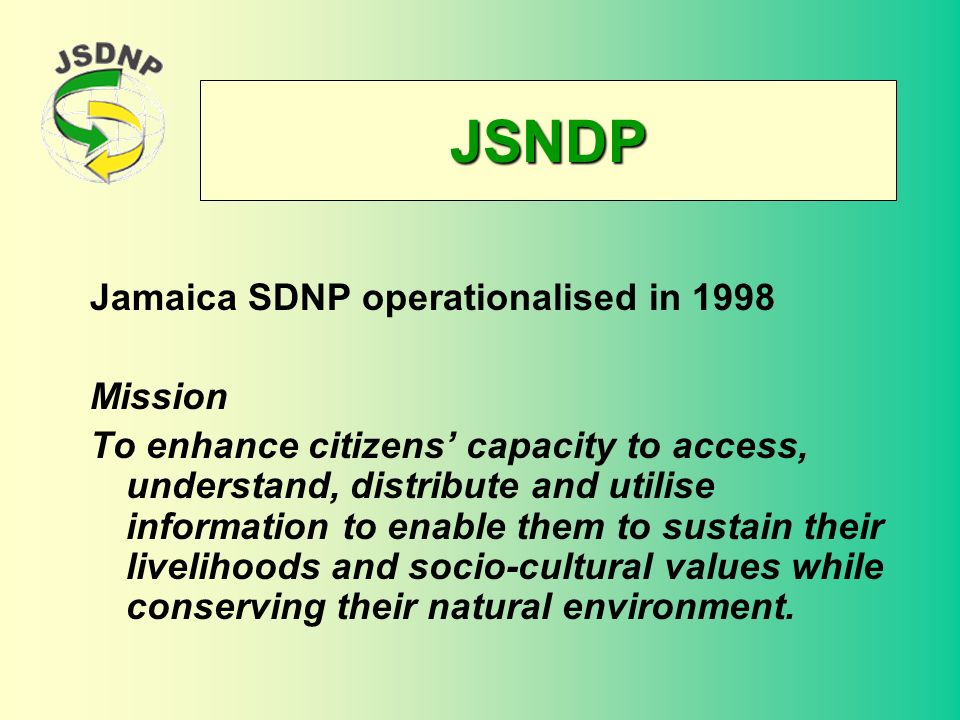
Digital Government in Jamaica
The last time I visited Jamaica was in the early 2000s. A few years before, we had launched the national node of the old and now defunct Sustainable Development Networking Programme (SDNP). It was labeled JSDNP and did quite a bit of work locally fostering digital technologies and creating and disseminating local content. Unfortunately, JSDNP…
-
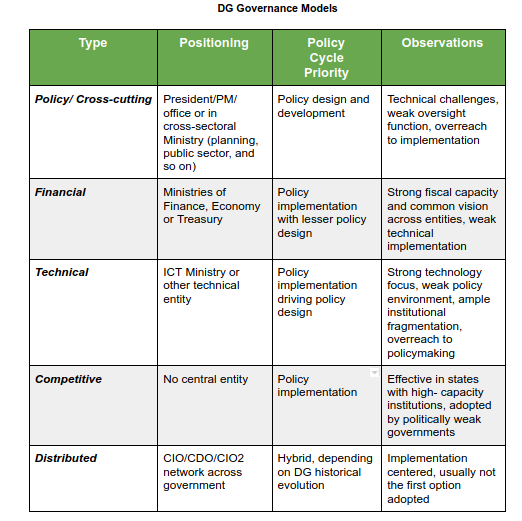
Digital Government Governance Models
Governments should fully understand the scope and reach of the various Digital Government (DG) institutional functions described in my previous post and their proper sequencing before they embark on comprehensive digital transformation processes. The policy units’ actual institutional location leading DG processes should result from the analysis of the various functions, not the starting point.…
-
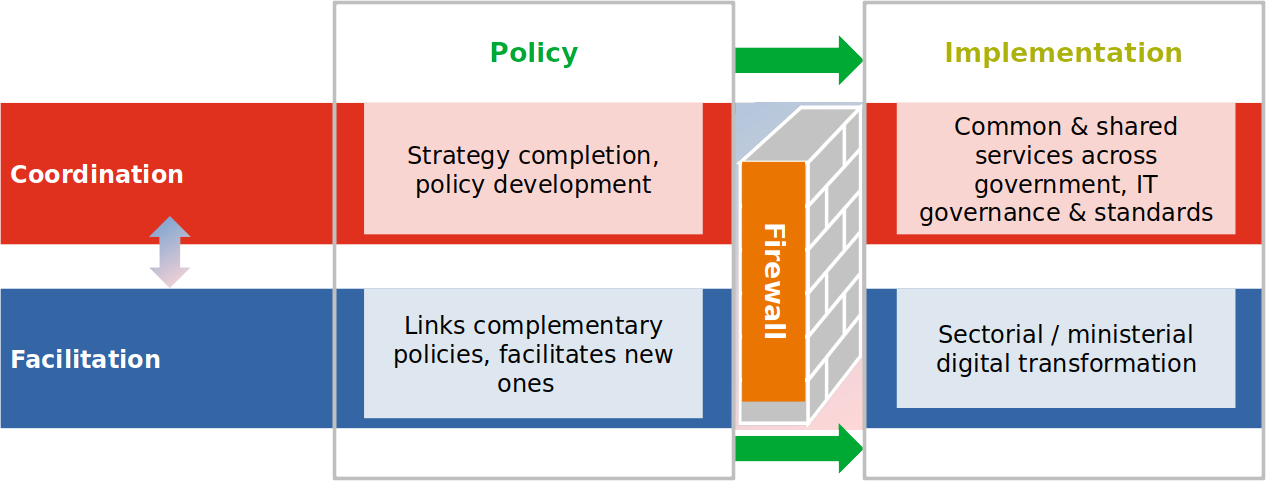
Digital Government Revisited – III
Institutions matter, more so for the development and implementation of Digital Government (DG), whose core target is public institutions’ transformation. On the one hand, public institutions should have an array of capacities to ensure public investments in digital technologies are effectively managed from beginning to end. In many low-income countries, such capabilities are exiguous or…
-
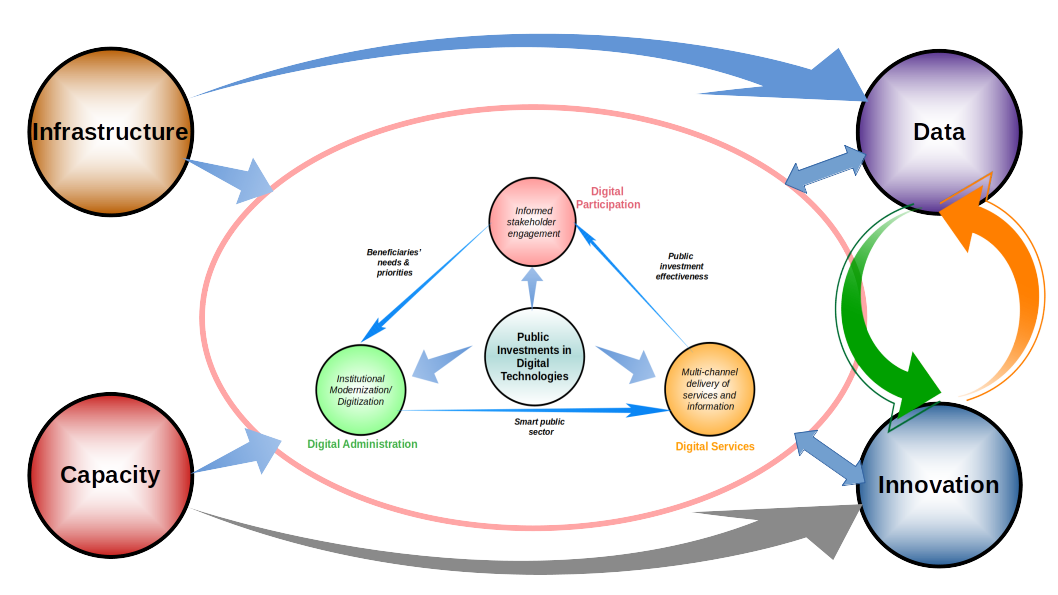
Digital Government Revisited – II
Since the early 1980s, Governments have taken a bad rap. Menacing fingerpointing from most quarters ended up on a consensus that loudly declared them personas non-gratas. The 2009 Global Financial Crisis started to turn the tide. At the time, governments once again came to the rescue of capitalism, unveiling gigantic financial packages to prevent critical…
-
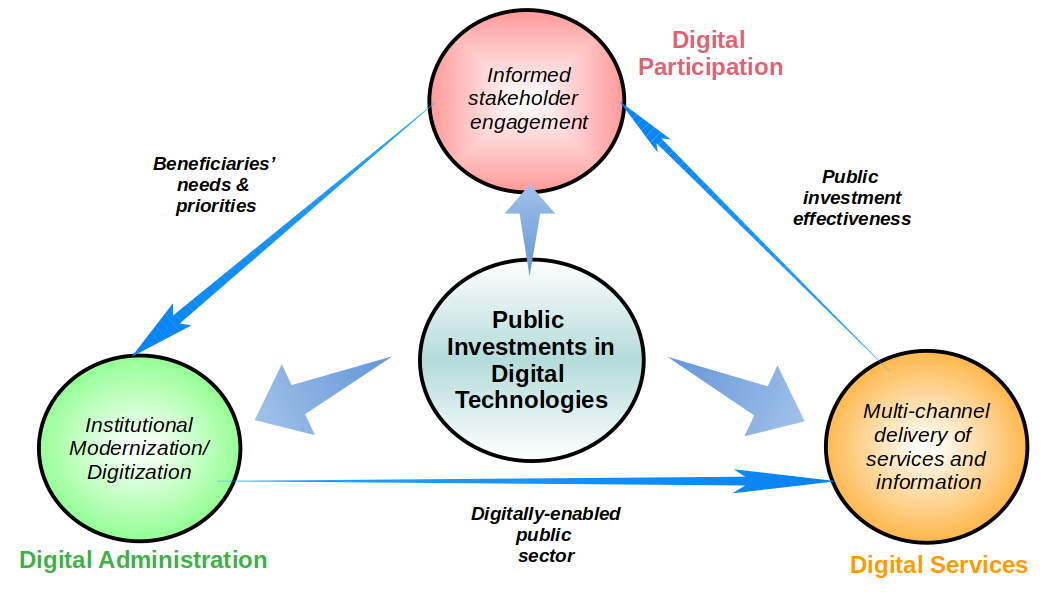
Digital Government Revisited
Overview Running on the coattails of electronic commerce, Digital Government (DG) first saw the light of day over 20 years ago. Initially christened as electronic government or e-government, it has since experienced multiple name changes, ranging from e-governance and transformational government to intelligent and smart government. Nowadays, the field seems to be enjoying its run…
-
Contentious Politics in the AI Age
Initially touted as revolutionary and progressive in the 1990s, the lightening evolution of digital technologies, running on the coattails of continuous innovation, has been accompanied by the rise of both extreme socio-economic inequalities and loud and widespread populism, nationalism and overt racism. Many countries are undergoing de-democratization processes undergirded by very resilient neoliberalism, while claim-making…